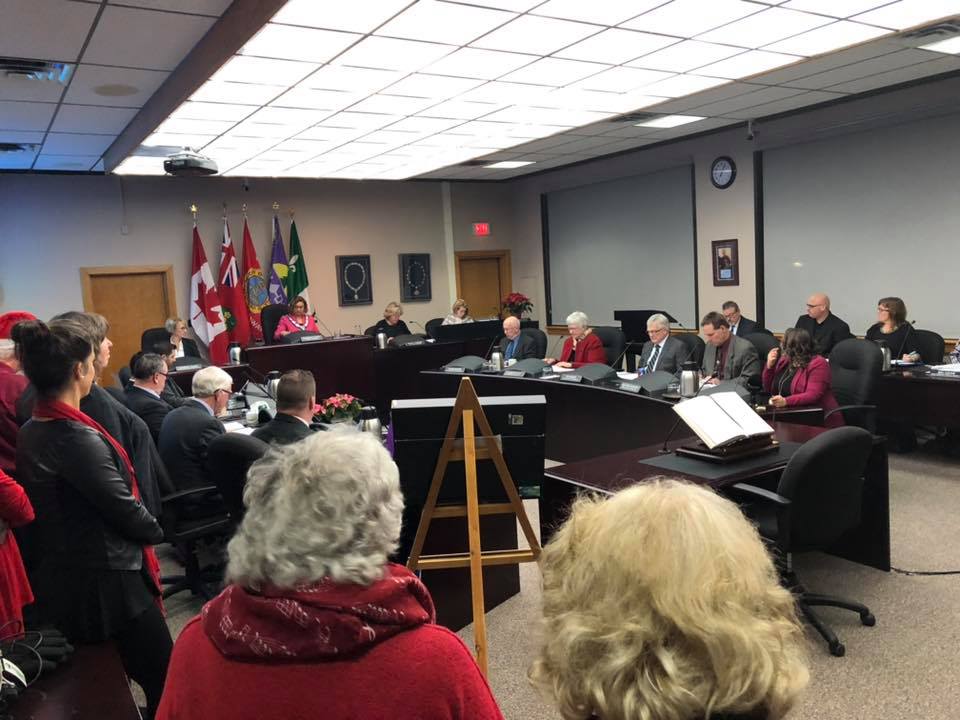
During two budget-specific meetings on February 27 and 28, Cornwall City Council approved its 2019 budget so smoothly it did not have to make use of two more special sessions scheduled on March 1 and 2, nor its special additional monthly meeting on March 4.
The new budget consists of $22.3 million in capital projects and $177.5 million in operating spending. This will still mean higher residential property taxes of 2.98% over 2018 – an annual increase of $71.91 for an average residence with an assessed value of $169,932.
With the budget behind them, the Mayor and Councillors at their March 4 meeting then focused on other business, namely, the proposed new Waste Management By-law to accompany the new Waste Management contract that goes into effect on April 1 and a potentially significant revamping of its committee structure.
There is no doubt that this Council takes garbage very seriously and is quite happy to spend hours discussing the nuances of bag limits, bulky items, mandatory recycling, purchased bag tags and transparent bags. Fortunately, this is a file that City staff in the persons of Infrastructure and Public Works General Manager John St Marseille and Waste Management Supervisor Danielle Watson are very much on top of, with the result that Councillors were able to receive answers to their questions and make relevant recommendations and suggestions. City staff will therefore work further on the proposed new by-law for Council’s next regular meeting on March 25.
The other matter that absorbed almost all of the rest of Council’s attention on March 4 was what to do with its 49 committees.
The focus of discussions was a summary report by Chief Administrative Officer Maureen Adams on all these committees, broken down into six categories:
- required with Council representation (15)
- legislatively required with no Council representation (3)
- recommended to be maintained (8)
- not required and recommended for elimination (16)
- recommended for deferred appointment (4)
- liaison bodies (3).
Needless to say, Council members were not prepared to accept all of the CAO’s suggestions holus bolus, and there were protracted deliberations about the 23 committees on the “endangered list” with different Councillors speaking about the committees they were particularly concerned with.
Once the smoke clears on this file, Cornwall City Council’s committee landscape should look quite different – almost certainly leaner and better defined.











